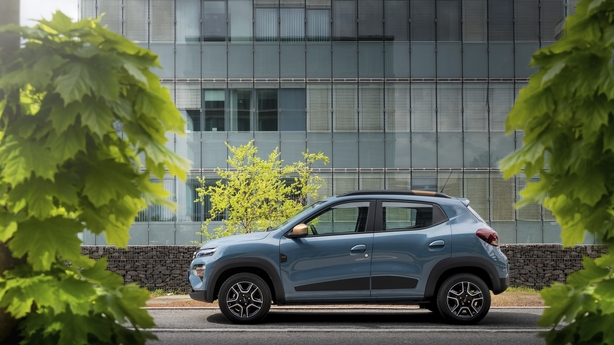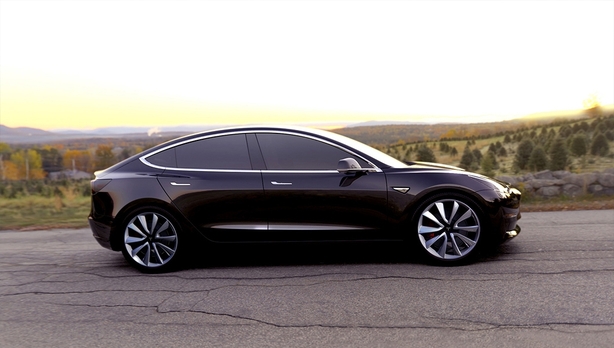More and more car companies are chasing cheaper electric car market share as inflation hits customers and Chinese competition ramps up. Cheaper EV prices are finally on the way.

The budget electric car we know most about is one that is already on sale in Europe - the Dacia Spring. It should be in Ireland by next July and is likely to be the cheapest such car on the market, given Dacia’s low-budget and no frills approach to production. In France, it's already on sale for under €20,000. Electric Vehicle Database calculates the Spring's real world range as around 160 km.
However, plans are already being finalised by a number of companies to launch budget EV’s to counteract the rapidly emerging threat posed by Chinese manufacturers and to accommodate European buyers battered by inflation.
These companies include Tesla, Volkswagen, Citroen and Fiat. Fiat’s CEO, Olivier Francois, puts the challenge succinctly: "There is a real need for affordable EV’s", he recently told Automotive News Europe.
In Fiat’s case, it will add a no-frills electric Panda to its range next year and this car is likely to share underpinnings and battery technology with another car from the Stellantis stable - the Citroen e C3 (Stellantis owns Fiat, Opel, Citroen and Peugeot, among other brands).
Smaller batteries - aimed to people who use their EV’s for short commutes and as a second car - will be the order of the day. Dacia’s customer studies have shown that many European buyers have a daily driving range of 30 km, at an average speed of 25 KPH, and the Spring will have lower battery capacities to enable Dacia to sell the car more cheaply and cover reasonable ranges at the same time.

If all the market reports are accurate then the biggest news for more affordable electric car prices next year is that Tesla is well advanced with its plans to launch a budget electric car to fit below the current entry-level Tesla 3 model but at about half the cost. At the moment the 3 is on sale here at just under €45,000.
Tesla prices - and the fact that they have dropped significantly - are attributed to better economies of scale and an ability to produce to produce more lightweight cars. The smaller Tesla is reported to have a range of just under 300 km.
One of the biggest factors likely to drive down electric car prices, however, is the threat of Chinese competition from companies such as MG and BYD. Both companies have been making significant inroads on the European market and on the Irish market too.
A recent KPMG analysis suggested Chinese companies would take up to 15 per cent of Europe’s car market (bigger than Renault’s entire share ) within the next two years. At the current rate of development and production, it’s likely European manufacturers will only seriously catch up on this market challenge by 2025.
With their current pricing strategy, levels of equipment, battery advances and success in safety tests, Chinese companies look like they already have a head start.

